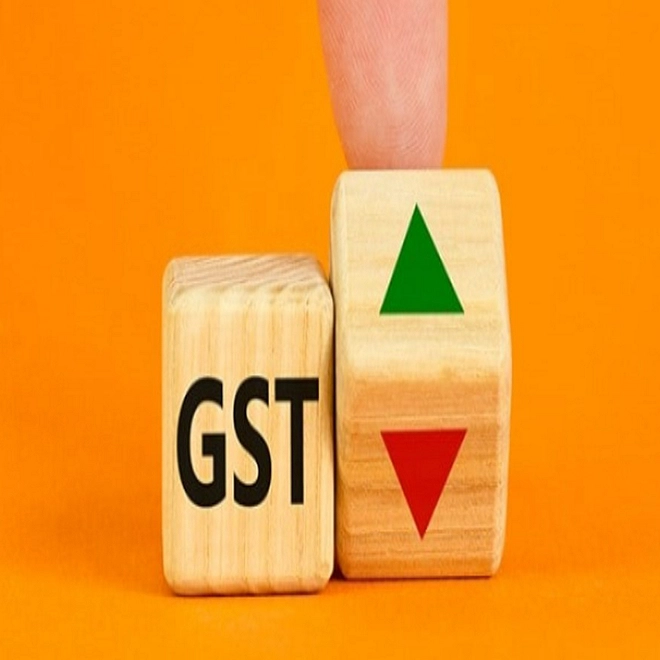Domestic transport
Often international companies will subcontract an NZ courier for the domestic leg of the transport of goods which is part of a larger international transportation arrangement. At a technical level this has often led to the incorrect zero-rating of the domestic leg of the transportation being a common occurrence by the NZ-based courier.
To fix this problem the Bill would allow the domestic leg of the transport of goods that are being exported or imported to be zero-rated, bringing the treatment in-line with what is already often occurring at a practical level and preventing commercial bias towards international couriers. It is good to see that this technical deficiency in the GST Act is being corrected.
Non-residents ability to claim import GST
While non-resident businesses who don’t make GST taxable supplies in New Zealand are, under certain conditions, able to claim GST inputs for costs in New Zealand via a special non-resident registration process, currently this does not allow import GST to be reclaimed.
The changes in the Bill would allow import GST inputs to be claimed by non-residents provided that the imported goods are sold to a GST registered business in New Zealand. These changes are welcomed and will potentially allow for some streamlining of certain import and distribution processes into New Zealand in the future.
Export of goods FOB - can zero rate supplies to both residents and non-residents now
When goods are provided to a non-resident buyer “free on board” and physically passed to a buyer at the New Zealand port for export they can still be deemed to be supplied in New Zealand for GST purposes. However, the goods can currently be zero-rated as long as they meet certain criteria, which includes a requirement that the customer be a non-resident.
Under the proposed changes the zero rating for goods provided “free on board” would be extended to both resident and non-resident customers. This change will give some greater certainty to many businesses that are involved in primary industries. For example, a supplier who delivers logs to the ship of a New Zealand resident recipient who then physically exports the logs outside of New Zealand would be able to zero-rate the supply of logs, provided the supplier enters the goods for export.
Zero rated going concerns – change of use
Currently at a strict technical level there may be no requirements for a recipient of a zero-rated supply of a going-concern to adjust for private or exempt use of the supply. This contrasts with zero-rated land sales where an adjustment is clearly required for the portion of private or exempt use.
To align the going concern rules with the land use rules, from the date of enactment purchasers of a going concern would also be required to determine if they will use the supply for a non-taxable use and return GST on the apportioned amount.
Apportionment agreements for all
Currently a rule technically prevents most businesses with a turnover of less than $24million from agreeing a customised GST apportionment method with Inland Revenue. The Bill proposes that any registered person will be able to agree an apportionment method with Inland Revenue. While in practise the restriction has often not really been applied by Inland Revenue, the change indicates that they are willing to be approached on more apportionment issues and is a great step forward. It is good to see Inland Revenue encouraging taxpayers to engage with them on a prospective basis.
Overall, many of these GST changes will be welcomed by many at a conceptual level, but there is a need for a reasonable number of amendments to still be made to ensure that the GST changes give effect to the good intentions behind the proposals. Given many of the changes apply from the date of enactment of the Bill, it will be crucial that the Finance and Expenditure Committee receive submissions and make a number of practical changes to these proposals to ensure they work.
Please get in touch with your usual Deloitte advisor if you would like to discuss how these reforms will affect your business.


